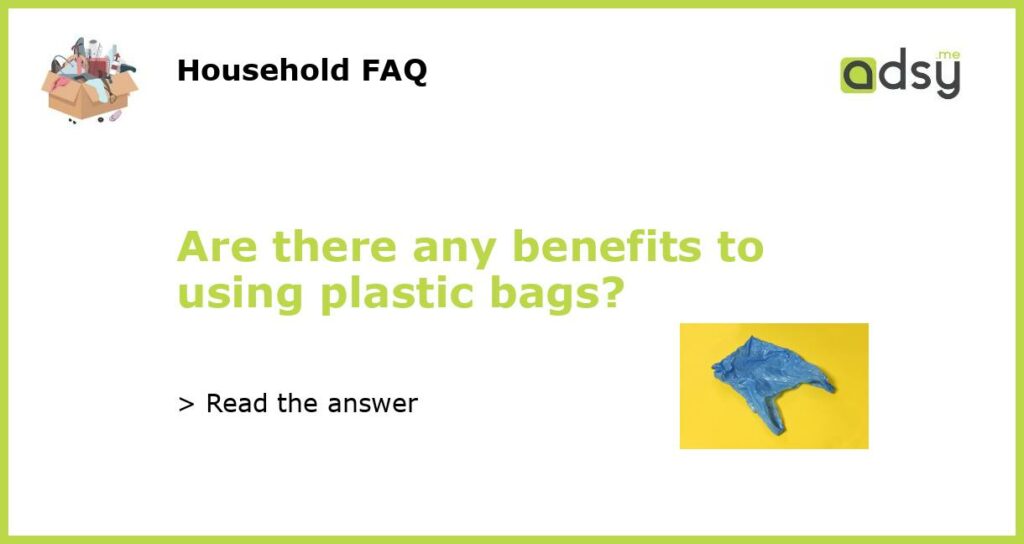The Convenience of Plastic Bags
Plastic bags have long been a staple in our society due to their convenience. They are lightweight, easy to carry, and can be folded up and stored in a purse or pocket. This makes them a popular choice for consumers when it comes to carrying groceries, clothing, or other items from one place to another.
Additionally, plastic bags are incredibly versatile and can be used for a variety of purposes beyond just carrying items. They can be used as trash bags, rain ponchos, or even as makeshift ice packs in emergencies. Their versatility and convenience make them an ideal choice for many people.
Cost Effectiveness
Another benefit of plastic bags is their cost-effectiveness. Plastic bags are cheaper to produce compared to alternatives like paper or cloth bags. This cost difference is often reflected in the price consumers pay at checkout. Plastic bags are often provided for free or at a minimal cost by retailers, making them an affordable option for individuals.
In addition to being cheaper to produce, plastic bags also save on transportation costs. Due to their lightweight nature, they require less fuel to transport compared to heavier alternatives like glass or metal containers. This can lead to cost savings for businesses and potentially lower prices for consumers.
Hygiene and Safety
Plastic bags provide a hygienic and safe way to transport certain items. For example, plastic bags can help prevent cross-contamination when transporting groceries, especially items like raw meat or seafood. They create a barrier between the product and other items in the shopping cart, reducing the risk of spreading bacteria.
Plastic bags also offer protection for delicate or fragile items. They can provide a buffer against impact or prevent items from getting tangled or scratched during transportation. This can be particularly important when it comes to transporting items like electronics, glassware, or small appliances.
Environmental Considerations
While there are benefits to using plastic bags, it is important to consider the environmental impact as well. Plastic bags are made from non-renewable resources and do not biodegrade easily. This means that they can persist in the environment for hundreds of years, leading to pollution and litter.
However, it is worth noting that plastic bags can be recycled and reused. Many communities have recycling programs in place that allow plastic bags to be collected and turned into new products. Furthermore, some retailers offer recycling bins specifically for plastic bags, making it easier for consumers to dispose of them responsibly.
Alternative Options
Recognizing the environmental concerns associated with plastic bags, many individuals and businesses are turning to alternative options. Reusable bags made from materials like cloth or canvas are becoming increasingly popular. These bags are durable, can be reused multiple times, and are less likely to contribute to litter or pollution.
Some retailers have also started offering paper bags as an alternative to plastic. Paper bags are biodegradable and can be recycled, but they do have some drawbacks. They are less durable than plastic bags and can tear or leak when wet. Additionally, paper bags are often more expensive to produce, which can lead to higher costs for businesses and potentially higher prices for consumers.
In conclusion, plastic bags do offer certain benefits in terms of convenience, cost effectiveness, and hygiene. However, it is important to consider the environmental impact and explore alternative options when possible. By using reusable bags or recycling plastic bags, we can reduce our reliance on single-use plastics and work towards a more sustainable future.






